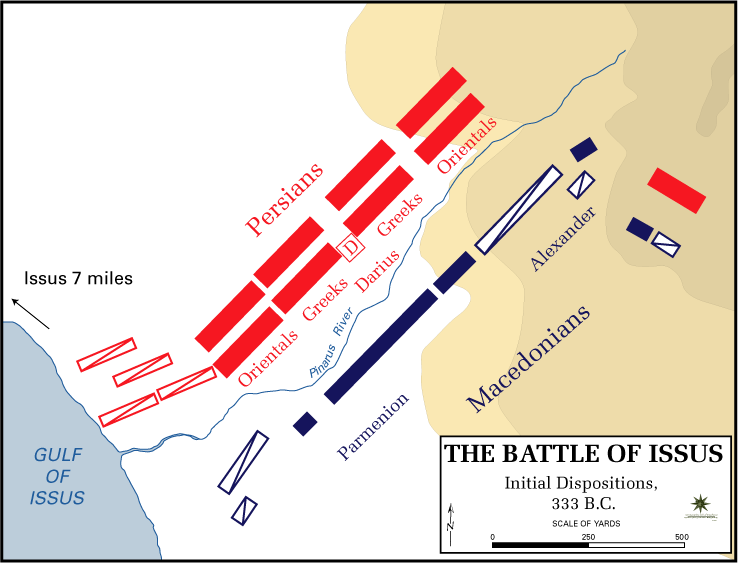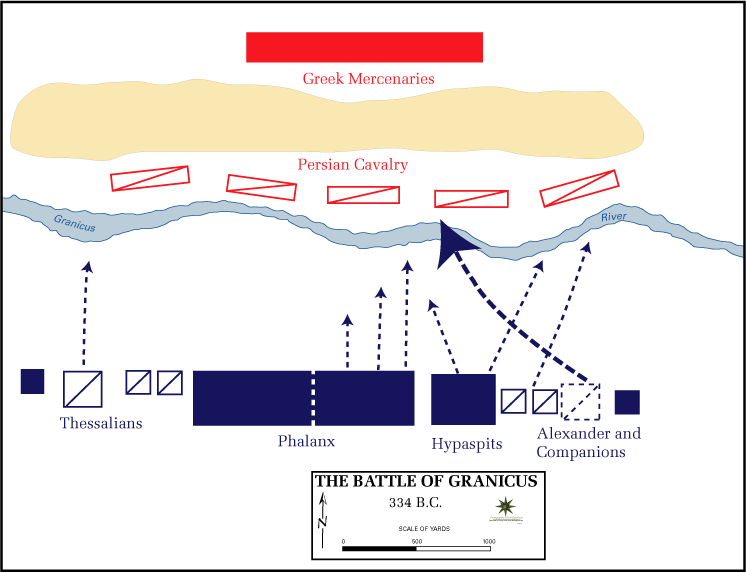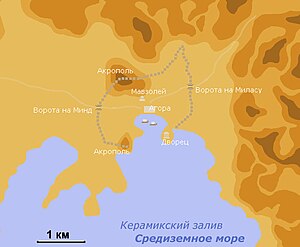Paprika
Jackass of the Week
Greek propagandists claim that ancient Macedonia was Greek. Why then, would the Holy Bible distinguish between the two?
The history of the Macedonian people began in approximately 2200 B.C. The Ancient Macedonian Empire reached its pinnacle with the conquests of King Philip of Macedon and his son Alexander the Great. Greek propagandists insist that the ancient Macedonians were Greek and therefore, Greece has the right to the name, Macedonia. Worldwide scholarly opinion accepts that the ancient Macedonians were a distinct people from the Greeks and that the name Macedonia belongs to the Macedonians.
Here are some quotes...
 Ancient Macedonia was home to many tribes and nations. The ancient Macedonians claimed kinship with the Illirians, Tracians, and Phrygians, but not with the Greeks. In fact, the Brygians of Macedonia are believed to be the European branch of people, who in Asia Minor were known as Phrygians.
Ancient Macedonia was home to many tribes and nations. The ancient Macedonians claimed kinship with the Illirians, Tracians, and Phrygians, but not with the Greeks. In fact, the Brygians of Macedonia are believed to be the European branch of people, who in Asia Minor were known as Phrygians.
Greek migrants came to Macedonia, Trace, and Illiria after they exhausted the possibilities of settlement in Asia Minor, Italy, France, Spain and Scythia (Ukraine and Russia). However, they did not consider Macedonia especially attractive for permanent settlement. Neither did the Macedonians welcome them as openheartedly as did the Italians and Scythians. By the middle of the fourth century BC, the Greek settlers were expelled from Macedonia and their cities, including Aristotle's native Stragira, razed to the ground by the Macedonian king Philip II (360-336). Aristotle died in exile in Greece.
The Macedonian "barbarian" defeated Greece at the battle of Chaeronea in August 338 BC and appointed himself "Commander of the Greeks". This battle had established Macedonian hegemony over Greece and this date is commonly taken as the end of Greek history and the beginning of the Macedonian era. Greece did not regain its independence until 1827 AD.
In 335 BC, Philip's son Alexander campaigned toward the Danube, to secure Macedonia's northern frontier. On rumors of his death, a revolt broke out in Greece with the support of leading Athenians. Alexander marched south covering 240 miles in two weeks. When the revolt continued he sacked Thebes, killing 6,000 people and enslaving the survivors. Only the temples and the house of the poet Pindar were spared.
also jetzt sollte doch wieder mal völlig klar sein, dass die Makedonen keine Hellenen waren.
Die Katastrophe für die Griechen in Chaeronea !
Die Katastrophe der Griechen in Theben!
Hätte Alexander soetwas in Pella gemacht? Niemals! Denn es gab weder einen Aufstand gegen eine Besatzung, noch haben sich Makedonen den Persern in so einer hohen Zahl angeschlossen, da sie, die Griechen, eine Besetzung Griechenland s durch die Makedonen verhindern wollten. Die Griechen haben einen hohen Blut und Opferpreis bezahlt, dass sie sich gegen Alexander und seine Makedonen aufgelehnt haben.
The history of the Macedonian people began in approximately 2200 B.C. The Ancient Macedonian Empire reached its pinnacle with the conquests of King Philip of Macedon and his son Alexander the Great. Greek propagandists insist that the ancient Macedonians were Greek and therefore, Greece has the right to the name, Macedonia. Worldwide scholarly opinion accepts that the ancient Macedonians were a distinct people from the Greeks and that the name Macedonia belongs to the Macedonians.
Here are some quotes...
- "Examining the dynamics of Macedonian relations with the Greek city-states, he (Borza) suggests that the Macedonians, although they gradually incorporated aspects of Greek culture into their own society, maintained a distinct ethnicity as a Balkan people". 1
- "It is universally known that the classical Greek authors did not recognise the Macedonians as their fellow countrymen, calling them barbarians, and they considered Macedonian domination in Greece as an alien rule, imported from outside by the members of other tribes, the, as Plutarch says, Allophyloi." 2
- "The language of these Macedonians was not Greek, nor were their gods, nor were they recognized by the Greeks." 3
- "The tension at court between Greeks and Macedonians, tension that the ancient authors clearly recognized as ethnic division." 4
- "Macedonian was the language of the infantry and that Greek was difficult, indeed a foreign tongue to them." 5
- Excerpt from Macedonia Through the Ages 6

Greek migrants came to Macedonia, Trace, and Illiria after they exhausted the possibilities of settlement in Asia Minor, Italy, France, Spain and Scythia (Ukraine and Russia). However, they did not consider Macedonia especially attractive for permanent settlement. Neither did the Macedonians welcome them as openheartedly as did the Italians and Scythians. By the middle of the fourth century BC, the Greek settlers were expelled from Macedonia and their cities, including Aristotle's native Stragira, razed to the ground by the Macedonian king Philip II (360-336). Aristotle died in exile in Greece.
The Macedonian "barbarian" defeated Greece at the battle of Chaeronea in August 338 BC and appointed himself "Commander of the Greeks". This battle had established Macedonian hegemony over Greece and this date is commonly taken as the end of Greek history and the beginning of the Macedonian era. Greece did not regain its independence until 1827 AD.
In 335 BC, Philip's son Alexander campaigned toward the Danube, to secure Macedonia's northern frontier. On rumors of his death, a revolt broke out in Greece with the support of leading Athenians. Alexander marched south covering 240 miles in two weeks. When the revolt continued he sacked Thebes, killing 6,000 people and enslaving the survivors. Only the temples and the house of the poet Pindar were spared.
also jetzt sollte doch wieder mal völlig klar sein, dass die Makedonen keine Hellenen waren.
Die Katastrophe für die Griechen in Chaeronea !
Die Katastrophe der Griechen in Theben!
Hätte Alexander soetwas in Pella gemacht? Niemals! Denn es gab weder einen Aufstand gegen eine Besatzung, noch haben sich Makedonen den Persern in so einer hohen Zahl angeschlossen, da sie, die Griechen, eine Besetzung Griechenland s durch die Makedonen verhindern wollten. Die Griechen haben einen hohen Blut und Opferpreis bezahlt, dass sie sich gegen Alexander und seine Makedonen aufgelehnt haben.






